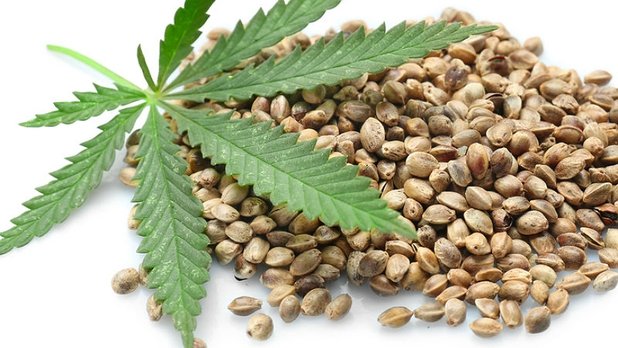Inside BENEO’s new pulse plant: pioneering sustainable protein from faba beans
The shelled seeds of the hemp plant contain around 33 per cent plant protein, which contributes to strong bones and muscles, improves the blood supply and rejuvenates skin health
Hemp use in India can be dated back to as early as 5000-4000 BC. Its extensively used in Ayurveda, for construction and as a fibre. This common usage made it one of the most popularly used plants in India. Its therapeutic and psychoactive properties have made it relevant all over, a fact evidenced by the National Survey on Extent and Pattern of Substance Use in India carried out by the Ministry of Social Justice. The survey has revealed that India is home to over three crore cannabis users. Interestingly, after alcohol, hemp is the second most consumed psychoactive substance in India.
Despite the widespread use of hemp, it continues to be considered a taboo in the Indian society. The corresponding criminalisation makes matters worse and that makes India lose out on significant revenue.
Challenges Facing the Industry
The hemp industry wants to be taken seriously and seeks the removal of stigma attached to it. It faces some serious challenges to its growth, which are:
Lack of Awareness
Not many people are aware about the beneficial aspects of hemp and its properties. Hemp has very little (only 0.3 percent) levels of the mild-altering to “psychotropic compound “compared to 5-10 percent found in cannabis. Although, the Narcotics and Psychotropic Substances Act, 1985 allows the mass cultivation of hemp to meet horticultural and industrial needs, Section 10 of the Act empowers the state government to decide the limits within which licences may be granted for its cultivation.
Lack of Knowledge of its Nutrients
Hemp is a powerhouse of healthy and vital nutrients. But people still do not know how to incorporate it in their daily diet. The shelled seeds of the hemp plant contain around 33 per cent plant protein, which contributes to strong bones and muscles, improves the blood supply and rejuvenates skin health. Rich in healthy fatty acids, hemp seeds are a superfood, which when included in the daily diet, can help strengthen the immunity system, improve cellular health and reduce the risk of heart disease. Hemp also helps in weight loss as well as acts as a stress reliever.
Lucrative Industry
In the Indian scenario, not many are aware how lucrative the hemp industry can be if the right safeguards and laws are brought in place to curb the misuse of this plant. Despite the fact that hemp has been used as a fibre in the past, India contributes a meagre 0.001% to the world market for hemp products, which is said to be priced at $4.7 billion today. The forbidden environment that has been created by the NDPS (Narcotics Drugs and Psychotropic Substances) Act, 1985 has kept India from making major contributions to the world hemp market. The restrictive policies in India continue to act as a serious impediment in a scenario where the world cannabis market is estimated to touch $15.8 billion by 2027.
Criminalisation Promotes Unsafe Practices
Drug use has stigma attached to it which leads to social exclusion and isolation from the society, which in turn restricts the access to healthcare services. The prohibitionist environment prevalent widely in India propels people towards unsafe practices and black market, where the substances are highly unregulated, resulting in adulteration. Hemp in India is said to be adulterated with certain sedatives that can hook a person onto it, making him a serious addict without his consent.
Growth of Hemp Industry in India
During theongoing pandemic, there has been a surge in the number of conscious eaters of hemp. A more mature audience is emerging on the scene that is more receptive towards this sacred plant and has become more aware of its health benefits. Growing awareness about the dietary advantages of hemp oil, coupled with the rising demand from the cosmetics, skin and personal care industries is expected to drive the market development exponentially.
Also, there is a growing consensus about the advantages that hemp cultivation presents for Indian agriculture. Hemp plant has a short cultivation cycle with less requirement of water and agricultural inputs. Combined with a premium price that can be commanded in the marketplace for hemp raw materials and its finished products, farming communities and the government unanimously have come to agree that hemp is inevitable for India’s next green revolution.
Summing It Up
Hemp’s ever-growing popularity is noteworthy in India. A conducive regulation pertaining to its cultivation and use of hemp-based products will enable this industry to scale unprecedented heights.
Rohit Shah, CEO & Co-founder, Hemp Horizons, New Delhi

